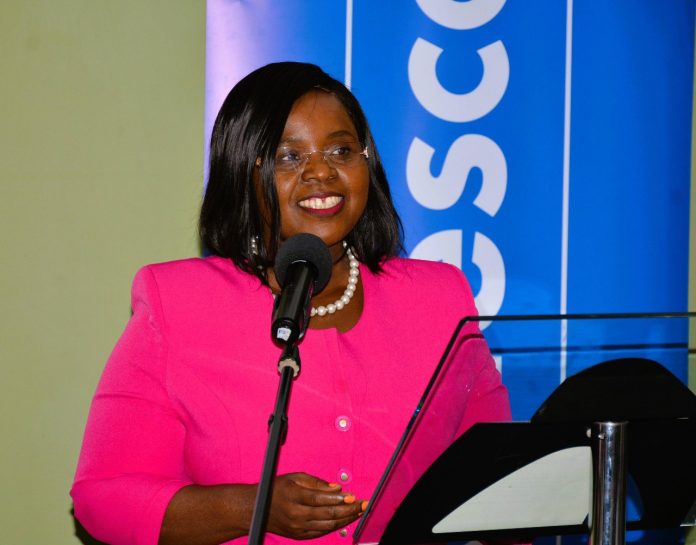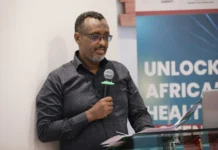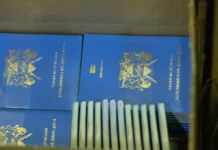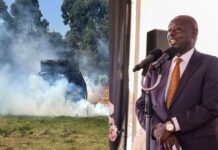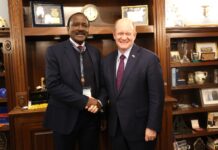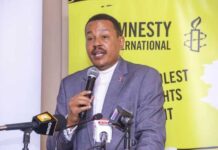Written By Vanessa Kariuki ||
Peninah Malonza, the secretary for tourism, wildlife, and heritage, formally opened the Windsor Golf and Country Club’s capacity-building workshop on the battle against illegal trafficking of cultural property in Eastern Africa.
“Discourses and debates on the issues surrounding the return and restitution of stolen cultural property are high on the global agenda, and are used as powerful tools for cultural diplomacy and to strengthen bilateral cooperation among states,” said Malonza
She added, “It has therefore become essential for African nations to come together in this endeavor. My Ministry recognises the role & importance of engaging African governments as proponents of this Convention & pledges its active participation in this critical fight.”
The trafficking of cultural property by organized criminal gangs is on the rise, both through overtly legal marketplaces like online auctions and the open market. In addition to being a significant means of laundering criminal proceeds, the trafficking of cultural property has recently been linked to the funding of terrorist organizations.
Several actions that are part of the trafficking of cultural property could ultimately lead to the disappearance, erasure, removal, or theft of precious things.
The human race is denied access to historical data and artifacts from its common history, while criminals earn handsomely from this illegal trade. For instance, a large number of artifacts and monuments from earlier eras are still buried underneath.
Archaeologists are unable to learn about the past when ancient artifacts are stolen and the locations where they were buried are destroyed by looting.
Even while there is significant looting occurring all across the world, the attempts to combat the trafficking of cultural property have not yet been commensurate with the seriousness and scope of this criminal manifestation.









